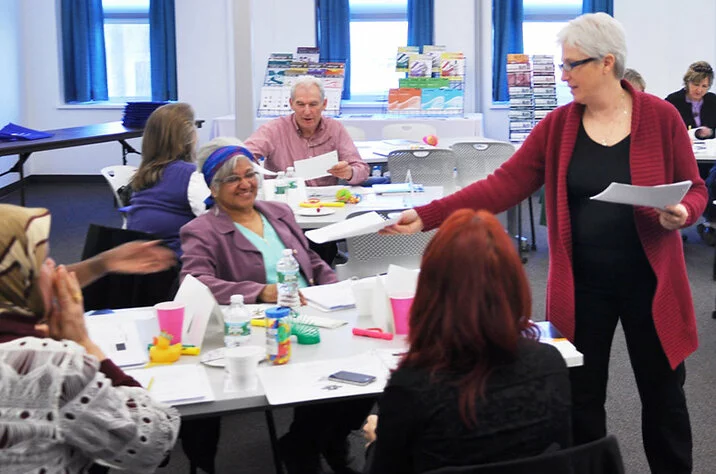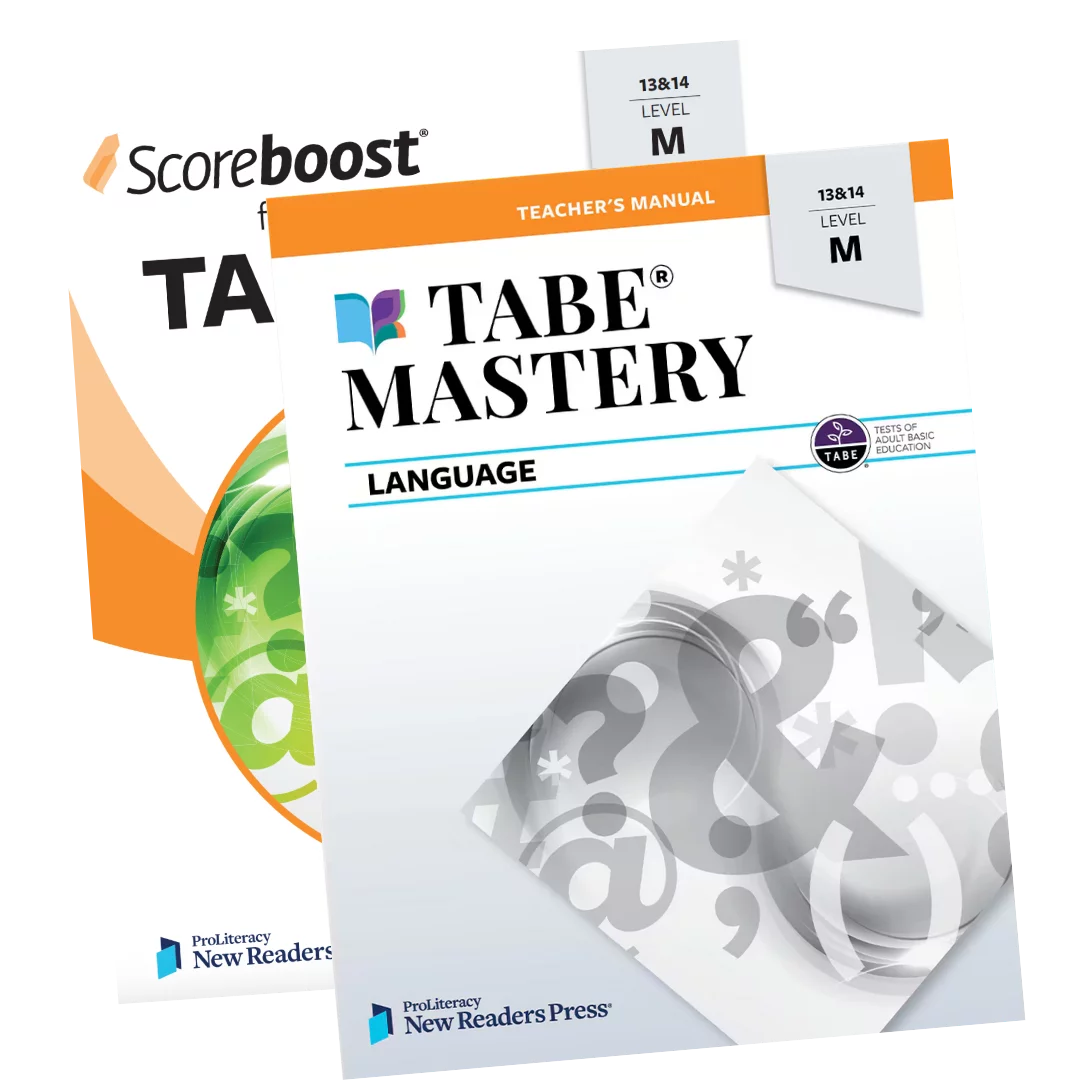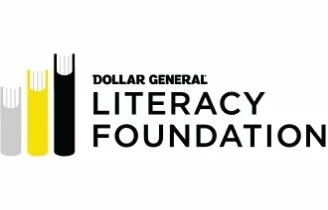We provide funding, comprehensive training, professional learning, accessible research, and New Readers Press digital and print resources to unleash the power of literacy to transform lives.

Leading the advancement of adult literacy in the US and throughout the world.
59 million
US adults
with low literacy skills could read, write, or do math if given the chance to learn.
For over 60 years, ProLiteracy has been working to make strong adult literacy programs stronger.
We are the world’s leader in adult education practice, innovating and building the capacity of all literacy programs everywhere—from the smallest community-based organizations to large adult education programs and institutions.
Adult Educators:
Build Your Capacity to Transform Lives

Resources
Access best-in-class instructional materials, leading-edge research and reports written for practical use, and toolkits to advance your advocacy efforts.

Courses & Learning
Explore professional learning opportunities, such as teacher training to develop best practices and executive leadership courses to enhance program success.

Membership
Engage with the ProLiteracy community as a member and enjoy unlimited access to exclusive Education Network resources and New Readers Press discounts.
Support the power of adult literacy to change lives in your community.
Unleash the Power of Adult Literacy.
Through generous financial and organizational support, ProLiteracy partners make it possible for us to launch new adult literacy solutions, sustain and grow our existing programs, and advocate for adult literacy initiatives on a local, national, and global level. Join us.








